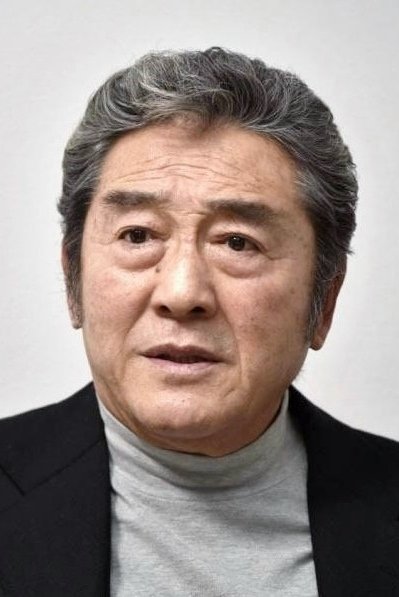
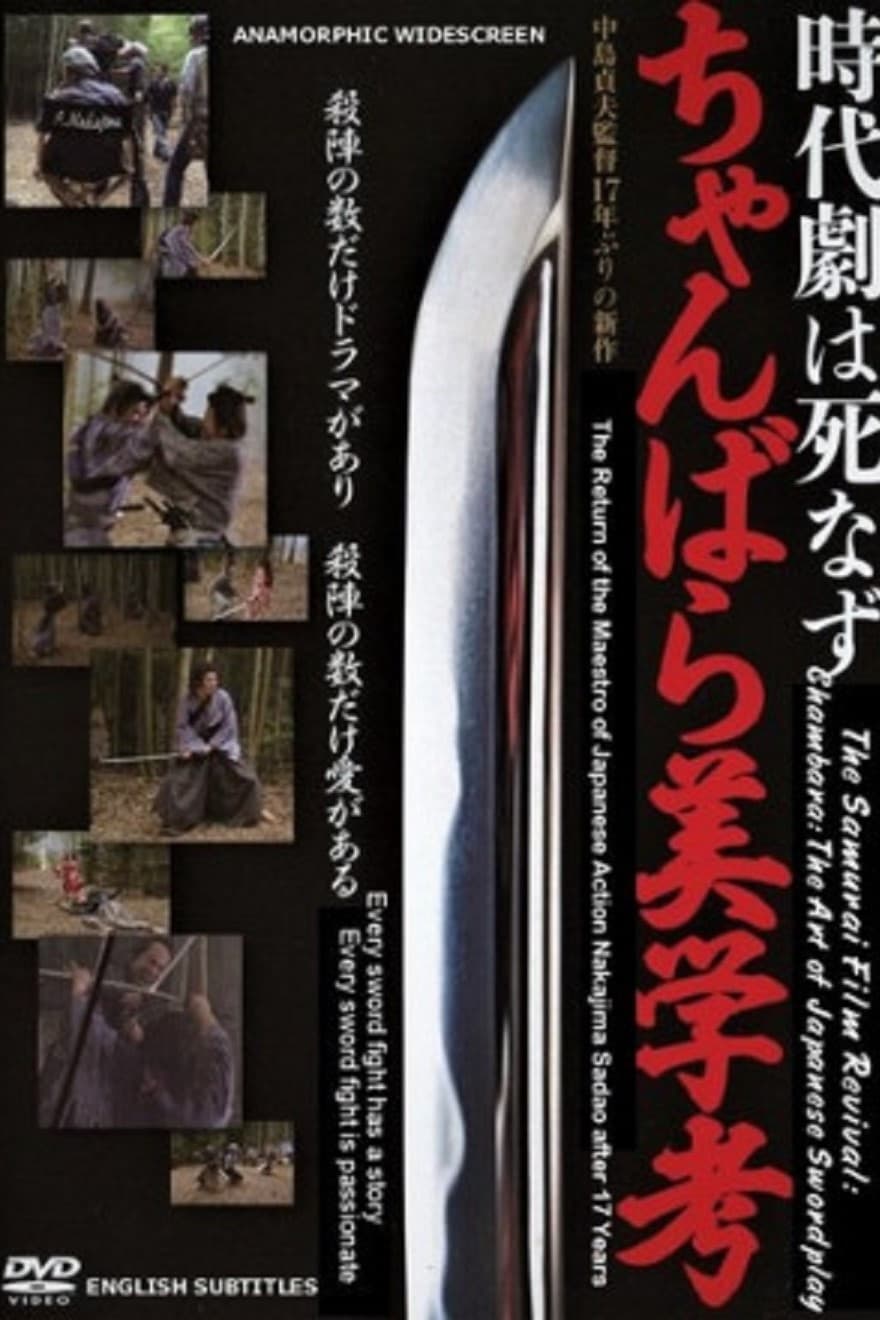
Veteran director Nakajima Sadao examines the appeal, background, context and transition of chambara, or period sword-fighting and samurai films, in Kyoto. Not only interviews with actors, choreographers and critiques are included, but the director orchestrates an original chambara scene for the documentary.
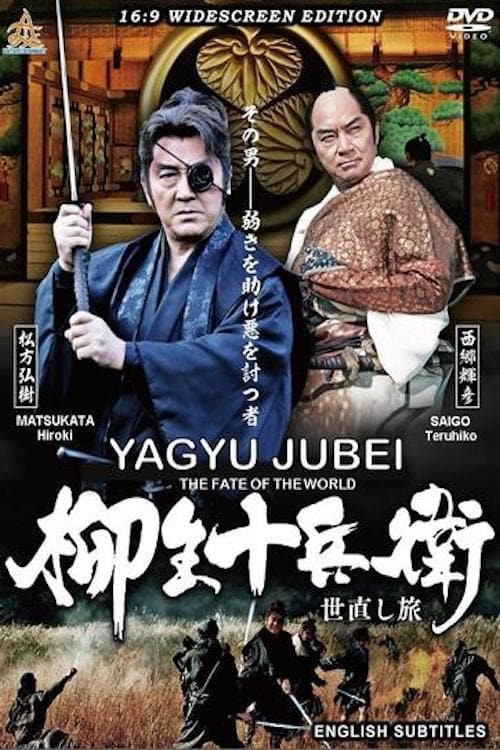
The fate of Tokugawa’s world hangs in the balance as Yagyu Jubei is sent on a mission to discover what happened to 10 of the shogun’s spies that never returned. Matsukata Hiroki, one of the last surviving members of the Golden Age of Japanese Cinema proves that he has not lost a step as he portrays an older and wiser Yagyu Jubei in a movie that brings the best of samurai filmmaking into the 21st century. Summoned from semi-retirement by Shogun Iemitsu, Jubei is asked to take to the road and investigate a clan rumored to be preparing explosives for a rebellion. With help from a beautiful female ninja they head into the Shirakawa domain where the fighting skills of both are tested time and again as they strive to destroy a conspiracy that could bring a new Warring States Era. In the 1960's Yagyu Jubei was the signature role of the great Konoe Jushiro, father of Matsukata Hiroki. This brings the character full circle.
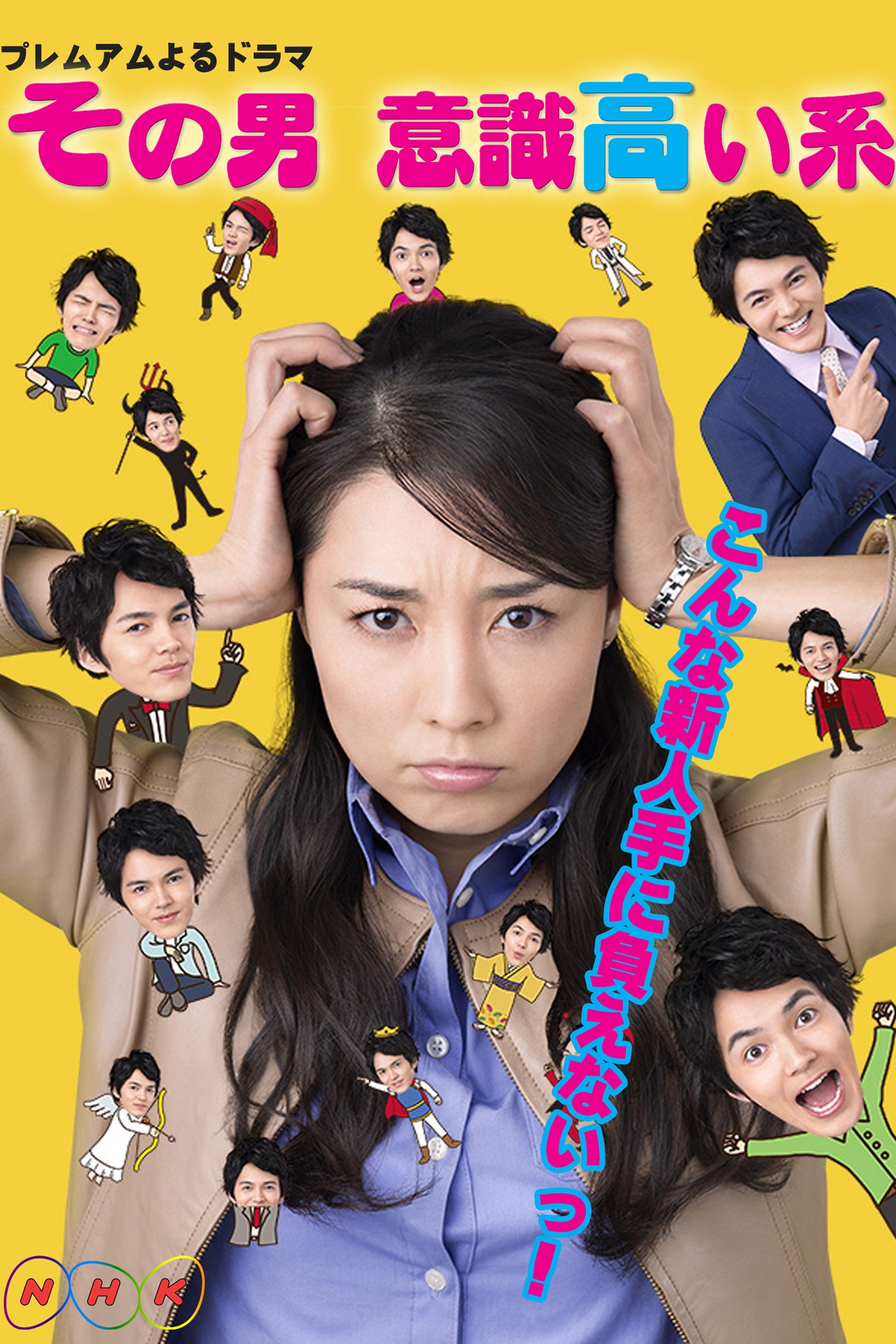
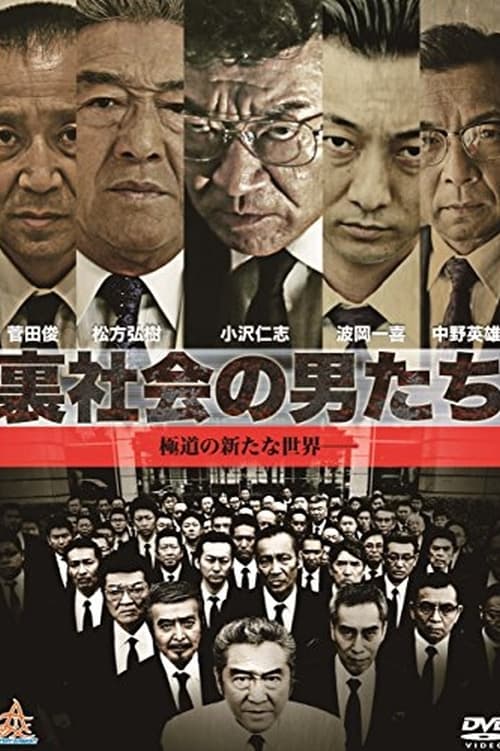
1st in a 6-film series. The W.R.C. is the largest yakuza-run conglomerate in Japan, and a war for succession begins when the current Chairman suffers a fatal traffic "accident". Tadano (Namioka Kazuki), the secretary to the current Vice-Chair Konno (Noguchi Masahiro), is the only survivor and is haunted by flashbacks. His brother-in-arms, Board Director Umehara (Ozawa Hitoshi), a fellow Zainichi Korean, is in competition with the ruthless Director Tamura (Sugata Shun) for the top spot. The feud is goaded by the secret placement of spies within the WRC by the Tokyo Police's "Unit Zero", spearheaded by the sly Inspector Sano (Shinsui Sanshou), and cracks begin to form in the organization and between brothers ...

Fewer samurai films are being made, and the Uzumasa studio has fallen on hard times. One day, veteran "kirareyaku" (whose job it is to be felled with a sword by a film's star) actor Kamiyama is tasked with teaching sword action techniques to fledgling actress Satsuki. A few years later, the now-retired Kamiyama is visited by Satsuki, who has become a popular star.
A story of Sato Hachiro, poet in the Showa period who is known for his lyric poems and songs for children. Despite the delicate and sensitive style of his works, he and his family spent a life full of ups and downs. Based on a novel by his half-sister Sato Aiko, the drama describes the thrilling life of the poet who played an important role in the popular culture of the Showa era by focusing on his love and hate relationship with his family. (Source: DramaWiki)
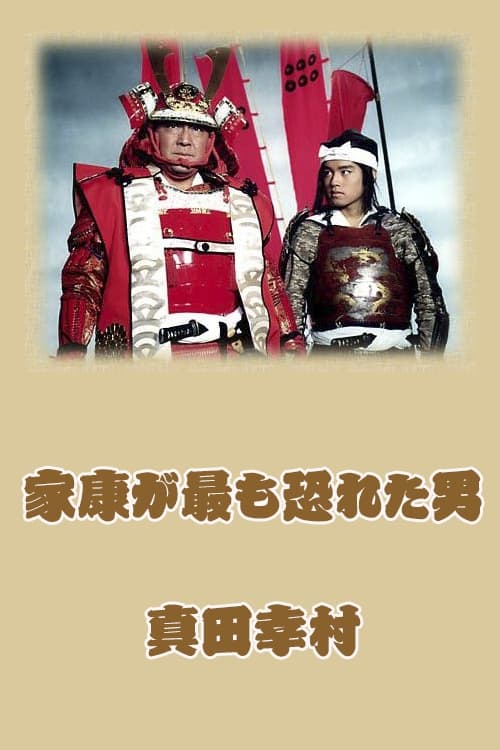
An entertaining historical drama depicting Sanada Yukimura, a hero who has gone through the era from the incident at Honnōji Temple to the summer siege of Osaka Castle, as "a man of men".
It is 1845. Toyama Kinshiro is a town magistrate who roams Edo in guise of Kinsan the playboy. In his efforts to keep Edo crime-free, he allies himself with Onna Nezumi, a female Robin Hood. Watch Kinsan unveil his cherry blossom tattoo and bring criminals to justice.
Kōju Meguro (Japanese: 目黒 浩樹 Hepburn: Meguro Kōju, July 23, 1942 – January 21, 2017), better known by his stage name Hiroki Matsukata (松方 弘樹 Matsukata Hiroki), was a Japanese actor. He was the son of jidaigeki actor Jūshirō Konoe and actress Yaeko Mizukawa and has a younger brother, Yūki Meguro, who is also an actor. With ex-wife actress Akiko Nishina he had two children; son Masaki Nishina and daughter Hitomi Nishina are both in the entertainment industry.
By browsing this website, you accept our cookies policy.